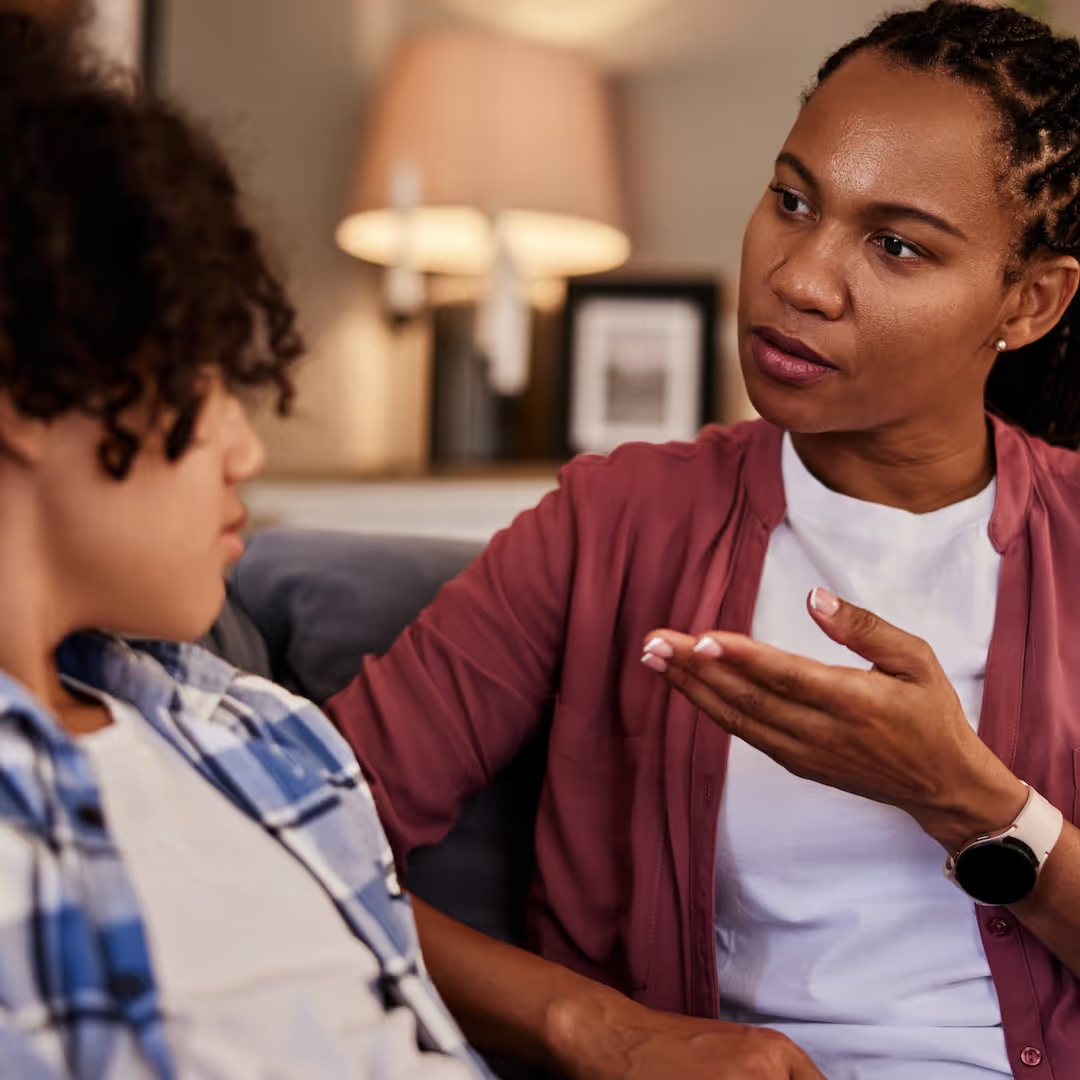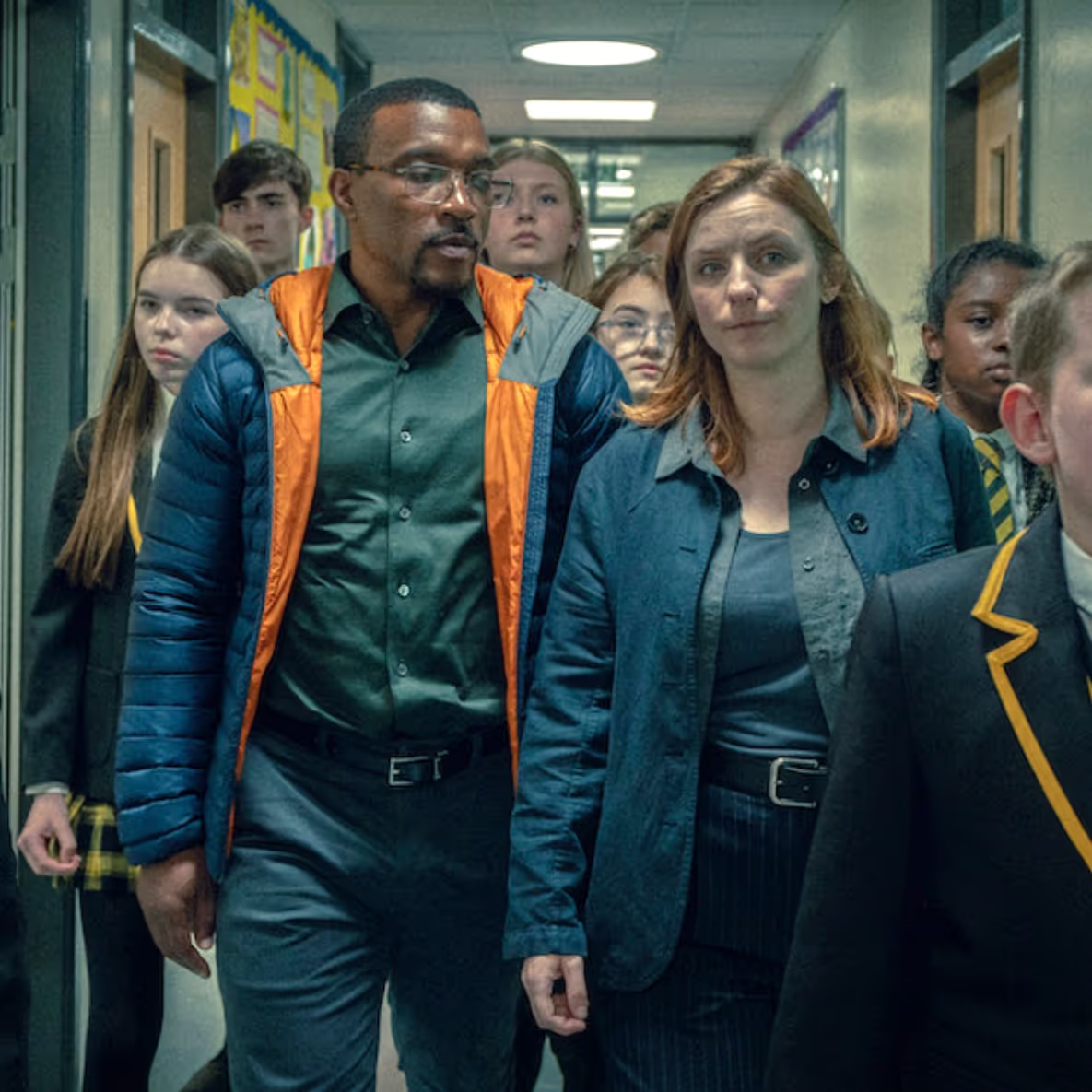


A recent article in the Washington Post about sexting and a podcast called Note to Self got me thinking about the subject. “Sexting” is the exchange of sexually explicit images between minors (17 years or younger) via tech, usually cells phones. A study from 2012 found that roughly 20% of U.S. adolescents between 13 and 19 reported having sent, or posted, a nude or semi-nude photo of themselves, and 28% said they received a sext message intended for someone else.
I wonder if “sexting” is too strong a word for a lot of what is actually going on these days. When we use the word “sexting” to describe certain images I worry that we get into a blaming and shaming mindset that can prevent constructive conversations with our children. Some images that we may label as “sexting” could be more appropriately referred to as simply “physically revealing.”
I want to be clear that I’m not condoning that teens send inappropriate, revealing photos to each other. But, we have to figure out a way to talk with our kids about what they are seeing and doing, and what they think it makes sense. We can hear them out, give them some data, and our views—but let’s do it from a realistic place, not a scary place.
We would love for you to share this TTT any way that works for you, whether that’s on social media or via a newsletter. If you want to send it out in your newsletter we just ask that you credit us and link to our website, and let us know at lisa@screenagersmovie.com.
HOST A SCREENING to help spark change.
FIND EVENT LISTINGS
Do you organize professional development in schools? We now have a 6-hour, 3-part training module. Request more information here Professional Development.
Stay in touch with the Screenagers community on Facebook, Twitter and leave comments below.
Learn more about showing our movies in your school or community!
Join Screenagers filmmaker Delaney Ruston MD for our latest Podcast

Learn more about our Screen-Free Sleep campaign at the website!
Our movie made for parents and educators of younger kids
Learn more about showing our movies in your school or community!
Learn more about showing our movies in your school or community!
Join Screenagers filmmaker Delaney Ruston MD for our latest Podcast

Learn more about our Screen-Free Sleep campaign at the website!
Our movie made for parents and educators of younger kids
Join Screenagers filmmaker Delaney Ruston MD for our latest Podcast
As we’re about to celebrate 10 years of Screenagers, we want to hear what’s been most helpful and what you’d like to see next.
Please click here to share your thoughts with us in our community survey. It only takes 5–10 minutes, and everyone who completes it will be entered to win one of five $50 Amazon vouchers.
A recent article in the Washington Post about sexting and a podcast called Note to Self got me thinking about the subject. “Sexting” is the exchange of sexually explicit images between minors (17 years or younger) via tech, usually cells phones. A study from 2012 found that roughly 20% of U.S. adolescents between 13 and 19 reported having sent, or posted, a nude or semi-nude photo of themselves, and 28% said they received a sext message intended for someone else.
I wonder if “sexting” is too strong a word for a lot of what is actually going on these days. When we use the word “sexting” to describe certain images I worry that we get into a blaming and shaming mindset that can prevent constructive conversations with our children. Some images that we may label as “sexting” could be more appropriately referred to as simply “physically revealing.”
I want to be clear that I’m not condoning that teens send inappropriate, revealing photos to each other. But, we have to figure out a way to talk with our kids about what they are seeing and doing, and what they think it makes sense. We can hear them out, give them some data, and our views—but let’s do it from a realistic place, not a scary place.
We would love for you to share this TTT any way that works for you, whether that’s on social media or via a newsletter. If you want to send it out in your newsletter we just ask that you credit us and link to our website, and let us know at lisa@screenagersmovie.com.
HOST A SCREENING to help spark change.
FIND EVENT LISTINGS
Do you organize professional development in schools? We now have a 6-hour, 3-part training module. Request more information here Professional Development.
Stay in touch with the Screenagers community on Facebook, Twitter and leave comments below.
Sign up here to receive the weekly Tech Talk Tuesdays newsletter from Screenagers filmmaker Delaney Ruston MD.
We respect your privacy.
A recent article in the Washington Post about sexting and a podcast called Note to Self got me thinking about the subject. “Sexting” is the exchange of sexually explicit images between minors (17 years or younger) via tech, usually cells phones. A study from 2012 found that roughly 20% of U.S. adolescents between 13 and 19 reported having sent, or posted, a nude or semi-nude photo of themselves, and 28% said they received a sext message intended for someone else.
I wonder if “sexting” is too strong a word for a lot of what is actually going on these days. When we use the word “sexting” to describe certain images I worry that we get into a blaming and shaming mindset that can prevent constructive conversations with our children. Some images that we may label as “sexting” could be more appropriately referred to as simply “physically revealing.”
I want to be clear that I’m not condoning that teens send inappropriate, revealing photos to each other. But, we have to figure out a way to talk with our kids about what they are seeing and doing, and what they think it makes sense. We can hear them out, give them some data, and our views—but let’s do it from a realistic place, not a scary place.
We would love for you to share this TTT any way that works for you, whether that’s on social media or via a newsletter. If you want to send it out in your newsletter we just ask that you credit us and link to our website, and let us know at lisa@screenagersmovie.com.
HOST A SCREENING to help spark change.
FIND EVENT LISTINGS
Do you organize professional development in schools? We now have a 6-hour, 3-part training module. Request more information here Professional Development.
Stay in touch with the Screenagers community on Facebook, Twitter and leave comments below.

More than half of teens ages 12–17 don’t know what sextortion is, despite nearly 1 in 5 reporting they experienced it as minors. New data from Thorn shows sextortion often involves demands for more images, in-person meetings, or ongoing relationships, and increasingly includes deepfake images. Awareness, clear definitions, and knowing where to get help are critical for prevention and response.
READ MORE >
So what is pornography, and how do we talk with our young people about this prickly topic? Every time I sit down to write about this, I feel a bit of sadness and, frankly, disbelief. It’s hard to accept that we’ve created a society where youth can be just a click away from all sorts of highly explicit sexual material. And yes, parental controls and blockers can help, but the internet is everywhere, and chances are, they will see things somewhere. But we have to talk about it.
READ MORE >
In today's blog I introduce and give a brief summary of my recent podcast conversation with Jo-Ann Finkelstein, PhD, psychologist and author of Sexism and Sensibility, where we spoke about many topics such as how to raise girls with fierce ambition and critical awareness of gender inequality without making them feel disheartened? And how we can help boys understand the hidden costs of rigid masculinity without shaming them into silence?
READ MORE >for more like this, DR. DELANEY RUSTON'S NEW BOOK, PARENTING IN THE SCREEN AGE, IS THE DEFINITIVE GUIDE FOR TODAY’S PARENTS. WITH INSIGHTS ON SCREEN TIME FROM RESEARCHERS, INPUT FROM KIDS & TEENS, THIS BOOK IS PACKED WITH SOLUTIONS FOR HOW TO START AND SUSTAIN PRODUCTIVE FAMILY TALKS ABOUT TECHNOLOGY AND IT’S IMPACT ON OUR MENTAL WELLBEING.
